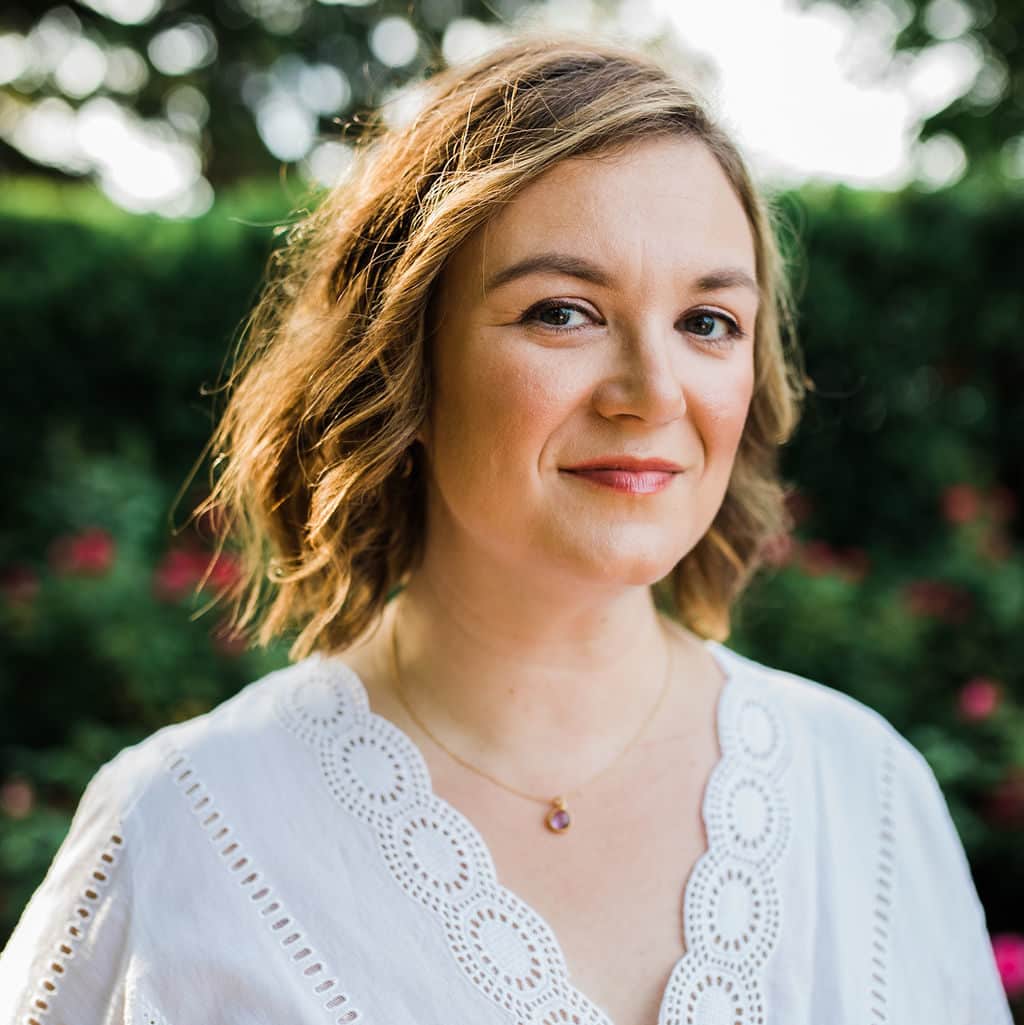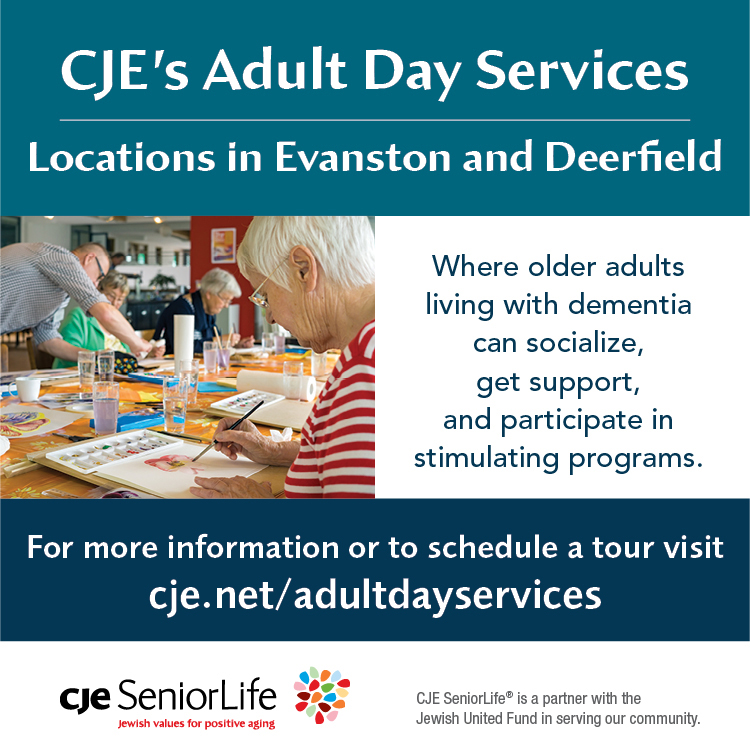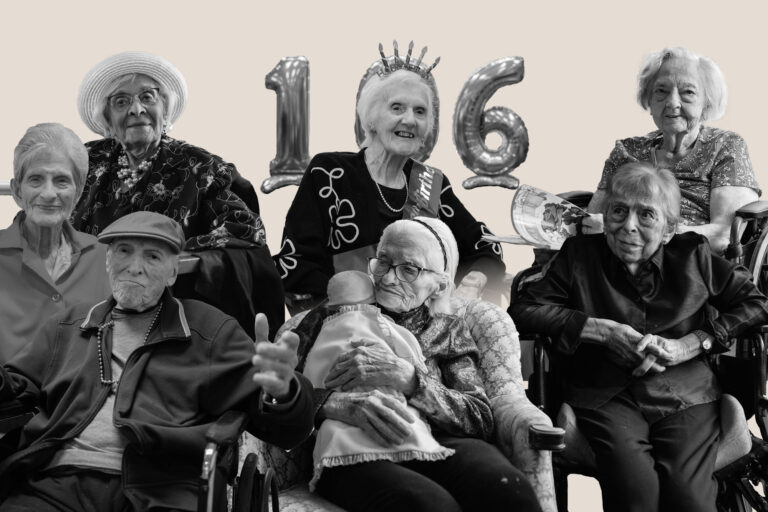
Katie Colt is a writer living in the Chicago area. Her work can be found at The Huffington Post, The Washington Post, and more.
Meg Will began noticing changes in her mother’s behavior when her mother turned 80. Her mother was sharp — after she raised seven kids, she graduated from the University of Chicago and became a licensed clinical social worker.
There were small signs at first. Her mother was seeing a limited number of patients in her home, but she couldn’t keep their schedules straight. “She seemed to want to get out of working, although she loved what she did. Looking back, it’s kind of like she couldn’t juggle it all,” Will says.
Although her mother was able to mask her difficulties with what Will calls anchor statements — “little statements that she would use to hold space but deflect further questioning” — her cognitive impairment progressed. In addition to becoming unable to keep track of schedules, her mother, now 87, became fixated on traumatic memories from childhood.
There were other signs, too. “Seeing her checkbook, she’d have to rewrite a check three times before she could get it right,” Will says. In 2020, doctors said her mother had mild to moderate cognitive impairment, and they officially diagnosed her with Alzheimer’s disease in July.
Family members of people with Alzheimer’s disease often go through a protracted sense of mourning, as their loved one’s faculties slip away. But hope for people with Alzheimer’s disease may be — or may not be — on the horizon.
In early June, the Food and Drug Administration (FDA) approved the new Alzheimer’s drug, aducanumab, under the brand name Aduhelm. The drug targets the buildup of amyloid plaque in the brain.
Biogen, maker of the amyloid beta-directed antibody drug, initially said that monthly infusions of Aduhelm may slow cognitive decline in people with mild to moderate Alzheimer’s disease.
But the FDA approval has ignited intense controversy.
Organizations, such as the American Geriatrics Society and the Society for Post-Acute and Long-Term Care Medicine, have said that clinical trials of the drug showed little benefit after incomplete trials and that the expensive drug may not improve daily life for those with Alzheimer’s disease.
In a letter to the FDA, the American Geriatrics Society cited additional concerns with the drug’s approval, noting major and potentially life-threatening side effects and Aduhelm’s notable absence of peer-reviewed support from the scientific community. Across the country, major medical centers like the Cleveland Clinic and Mount Sinai will not administer the drug to patients.
The controversy has even affected the panel that approved the drug. In November, the FDA advisory council declined to endorse approval of the drug, stating that trials had not produced enough evidence of its efficacy. But the FDA approved the drug anyway, on the condition that it proves clinical benefit in clinical trials. Shortly after the approval, three of the advisory council’s 11 members quit.
The FDA revised Aduhelm’s patient-use guidelines, changing them to treat only mild — not moderate — cognitive symptoms of Alzheimer’s. And most recently, the FDA called for a federal investigation into the drug’s approval due to improper influence from Biogen.
Then there is the matter of money. The drug — which costs a whopping $56,000 per year, per patient — would result in massive profits for Biogen but cost taxpayers billions via Medicare.
Concetta M. Forchetti, MD, PhD, medical director of the Neuroscience Institute Center for Memory and Cognitive Disorders at AMITA Health, has been studying the effects of aducanumab in patients for the past 10 years.
As a principal investigator in several studies of the drug, she says she has seen some benefits of the drug in people with very early stages of Alzheimer’s or mild cognitive impairment. “Patients who were on the 10 mg dose showed a much slower [rate of] cognitive decline, respective to patients who were taking the placebo,” Forchetti says.
Given the conditional approval of Aduhelm, Forchetti is continuing her work in a phase 4 trial, where the study will open up to more patients who have current access to the drug in the open market.
While the promise of the drug has excited people, Forchetti wants to be clear about its possibilities. “We need to set the expectation, so people who are family members [of people with advanced Alzheimer’s] don’t think that this is a cure or that it’s going to restore whatever brain function that has been lost, because that’s not what this drug does,” she says.
The approval of the drug is promising, says Delia Jervier, a regional leader and executive director of the Alzheimer’s Association, Illinois chapter. She points out that it’s the first drug to address the underlying pathology of the disease, and it signifies progress after nearly two decades of no new pharmaceutical treatments for Alzheimer’s.
As for the controversy over whether Aduhelm will help patients, Jervier believes the drug is a step in the right direction. “History shows that the approval of the first drug in a new category will always invigorate the field,” she says.
Above all, the drug has brought hope back to people who have loved ones with Alzheimer’s disease. “You really lose the person twice,” Jervier says. “You lose them when they forget who you are, and then you lose them when they actually pass away.” So to have a drug that may slow progression in people with mild Alzheimer’s, “That’s hope we couldn’t possibly take away from families now,” she says.
For Will’s mother, her Alzheimer’s disease is too far developed now for her to qualify for the drug. But Will is glad that Aduhelm has sparked greater discussion of treatments for Alzheimer’s disease.
“There are a lot of other things we could be doing to support this population and the people who are affected by it,” she says.
Like other caregivers whose loved ones may not see benefit from Aduhelm, Will continues caring for her mother despite all the challenges. Support and self-care are key, she says.
“I’m learning to practice true self-compassion as a caregiver, because you can give up so much of your life to take care of a loved one’s needs and yet continually feel like you aren’t doing enough,” she says. “We need to remember we are truly doing the best we can in an impossible situation. Find support, it is out there.”
Whether with Aduhelm, or another drug to be developed in the future, researchers and families are hoping that treatments will, one day, provide that needed break.








